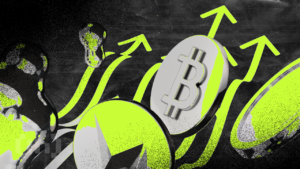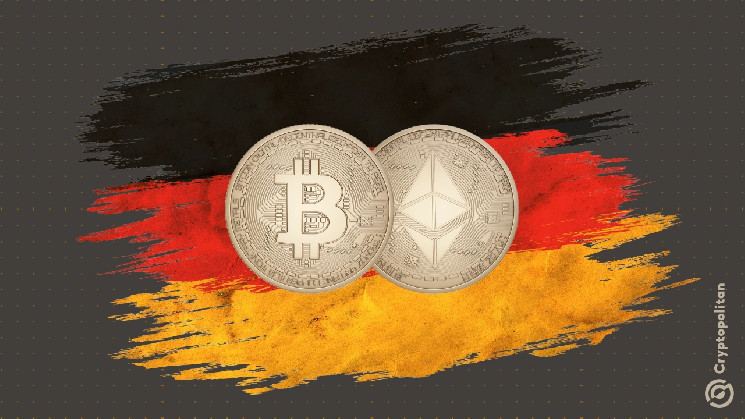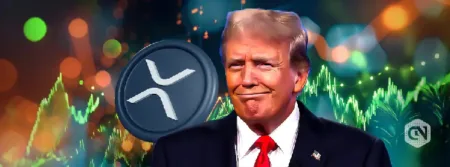Germany’s DekaBank has recently obtained a crypto custody license from BaFin and the ECB, making it one of the few traditional German banks to operate in the crypto space. The license falls under the Banking Act (KWG) and provides DekaBank with a level of legitimacy that smaller crypto firms can only dream of. This move follows the bank’s previous success in securing a license to operate as a crypto securities registrar in July, allowing it to issue blockchain-based digital securities in Germany without needing a central securities depository (CSD).
The Supervision of Crypto Markets Act (KMAG) is set to replace Germany’s old crypto regulations with a new framework, but political delays have caused complications. Despite this, Germany’s clear and steady approach to crypto regulation has positioned it as a heavyweight in the European crypto scene. The country’s regulation aligns closely with the Markets in Crypto Assets (MiCA) framework and offers incentives for long-term investors, with crypto held for over a year being exempt from capital gains tax.
In Germany, the crypto market is thriving, with a high level of investor participation and active trading. Security concerns remain a top priority for investors, with platform security being a key consideration. Bitcoin and Ethereum remain the most popular cryptocurrencies among German investors, with newer coins like Solana gaining traction. The market saw significant activity this year, including the government’s sale of 49,858 BTC for $2.89 billion, leftovers from a piracy case.
Overall, Germany’s regulatory approach to crypto, while slow, has proven effective and offers clarity for businesses operating in the space. DekaBank’s success in obtaining crypto licenses showcases the country’s commitment to fostering innovation in the financial sector. With the passage of KMAG, institutions like DekaBank have the opportunity to expand their crypto operations across the EU, further solidifying Germany’s position as a leader in the European crypto market. Investors in Germany are actively participating in the crypto market, allocating a significant portion of their portfolios to digital assets and demonstrating strong interest in the industry’s potential for growth.



















